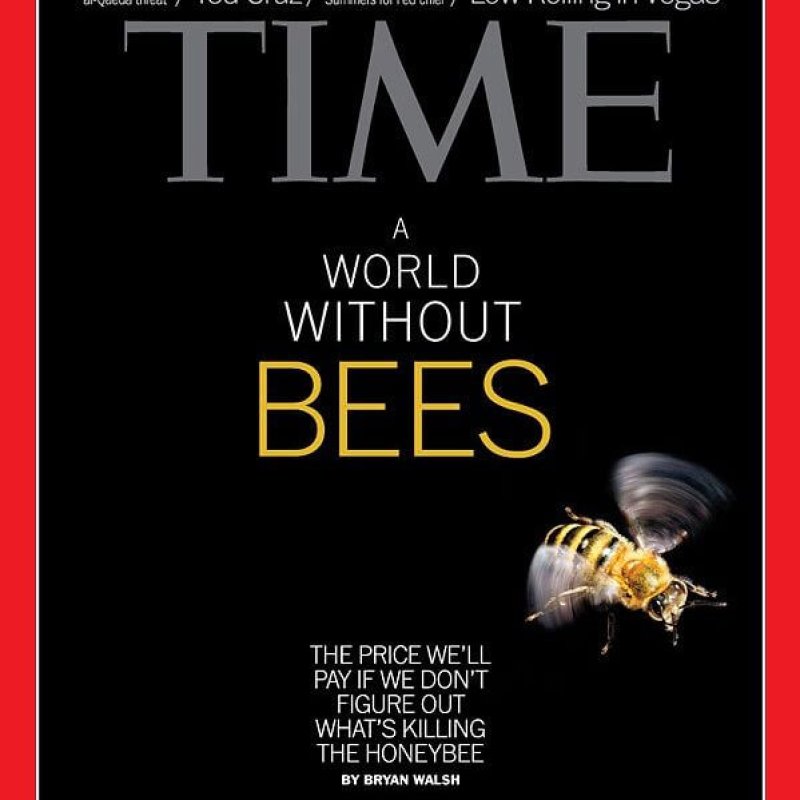Herein lies the biggest myth of the “bee apocalypse”: that there actually is one. Fret not, bees aren’t going extinct anytime soon. Our food supply is not imminently imperiled.
Now, this doesn’t mean that bees aren’t facing tough times right now. Just because domesticated honeybees, which are raised like livestock, are in greater abundance, that doesn’t mean that their wild counterparts – around 20,000 species of them – aren’t threatened.
…
Pesticides could be another contributor to the decline of wild bees. Insecticides called neonicotinoids are regularly vilified here. Many lab studies reveal detrimental effects on bees, but these damages do not always show up in real-world field studies. On the whole, there does seem to be some harms from overexposure. For example, neonicotinoids may make bees slightly more susceptible to parasites or interfere with their classic “waggle dance,” a key way that bees communicate.
The GLP aggregated and excerpted this article to reflect the diversity of news, opinion and analysis. Read full, original post: The Biggest Myth About the “Bee Apocalypse”































